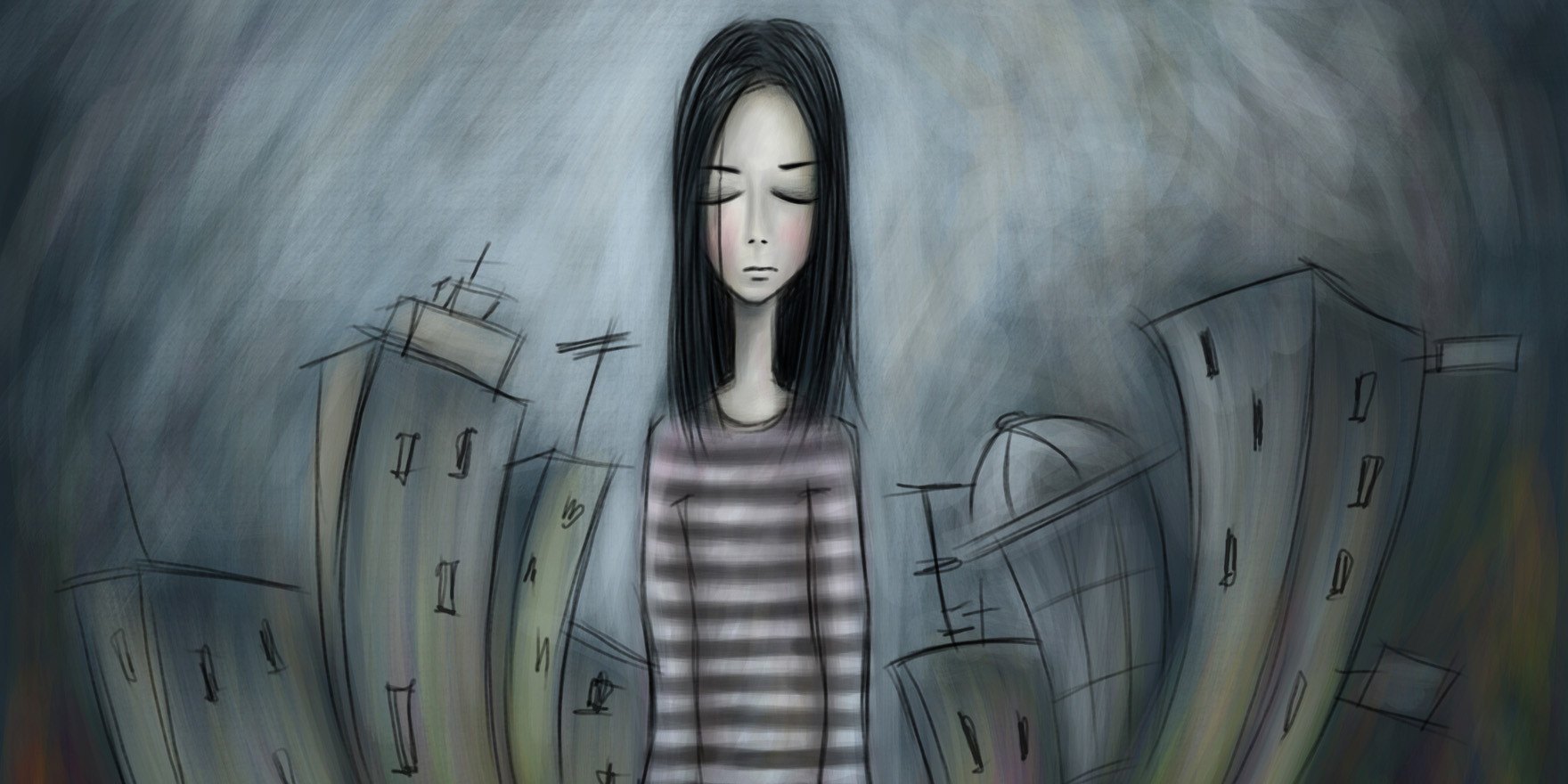A specific type of folate supplement could have a role in managing hard-to-treat depression
A specific type of folate supplement could have a role in managing hard-to-treat depression, with research suggesting it boosts the efficacy of medication.
A spotlight has shone on the supplement thanks to a recent presentation on its potential benefits at a Melbourne conference on bipolar and depressive disorders this month.
Professor Josephine Anderson, clinical director at the Black Dog Institute, said there was a growing body of research linking the use of folate supplements to better responses to antidepressants.
The bioequivalent form of folate used in the research is sold in 15mg sachets and can cost $60 or more a month.
So supplementing antidepressant drugs with folate might be a next step for patients who found their antidepressant medication ineffective, or not as effective as they would like, Professor Anderson told The Medical Republic.
“If you can get away with taking only an antidepressant, which about 30% of people can at first pass, then that would be a preferable thing to do,” she said.
But for the approximately two in three people for whom the first antidepressant does not work, or doesn’t work as effectively as hoped, then the folate supplementation may be a tool to turn to, according to Professor Anderson.
“You wouldn’t be recommending an antidepressant and a folate supplement for people who’d never had treatment for their depression,” Professor Anderson said.
“And the reason for that is that more is not necessarily better. The fewer substances one is taking the better.”
L-methylfolate, the bioactive form of the B group vitamin, is the only form of folate that can cross the blood-brain barrier. Researchers have pointed to research linking low folate levels to major depressive disorder, perhaps because of its ability to influence the synthesis of serotonin, dopamine and noradrenalin.
In 2012, US researchers explored the impact of the folate supplement on more than 200 patients with major depressive disorder but little-to-no response to SSRIs.
Adding a daily 7.5mg of the supplement appeared to do little to help the patients, but when the patients were given the 15mg dose, the researchers saw improvements to depression scores without adverse effects. Given the number needed to treat was six, this placed the supplement alongside other adjunct therapies such as lithium and atypical antipsychotics, the authors said.
“Because l-methylfolate indirectly regulates monoamine levels, low CNS levels of l-methylfolate could lead to monoamine deficiency,” the authors suggested.
However, the study only lasted for a month, meaning the evidence around long-term efficacy remains unclear.
Former president of the Royal Australian and New Zealand College of Psychiatrists, Professor Mal Hopwood, said that new treatment options would be welcomed for the million Australians affected by depression.


